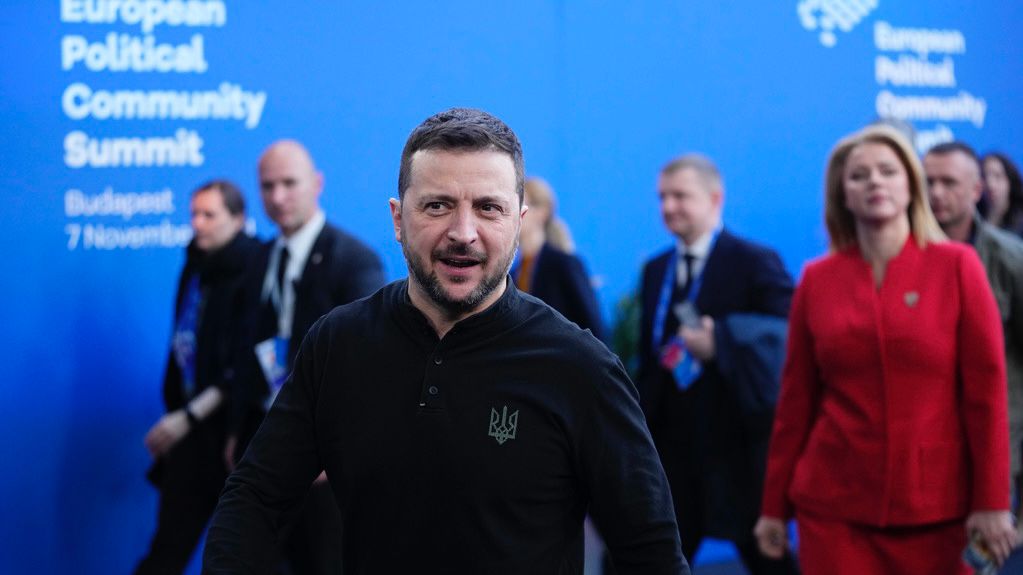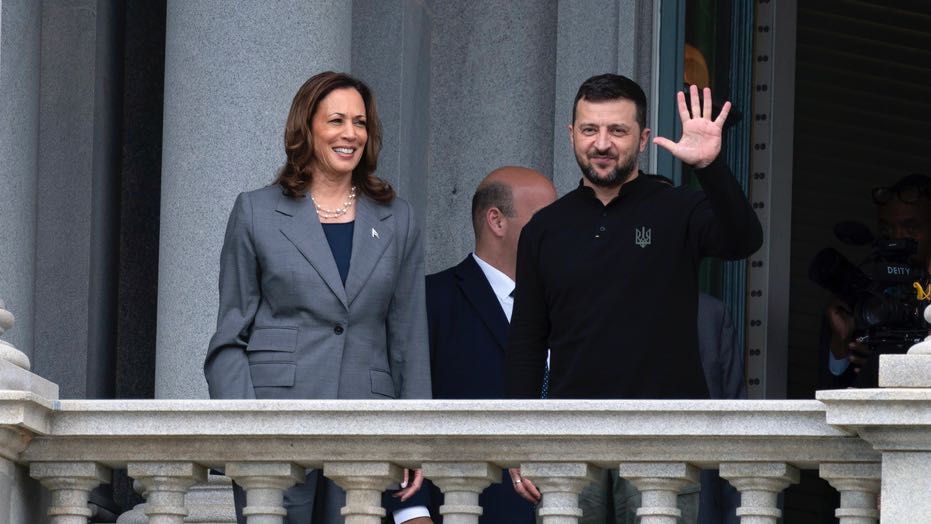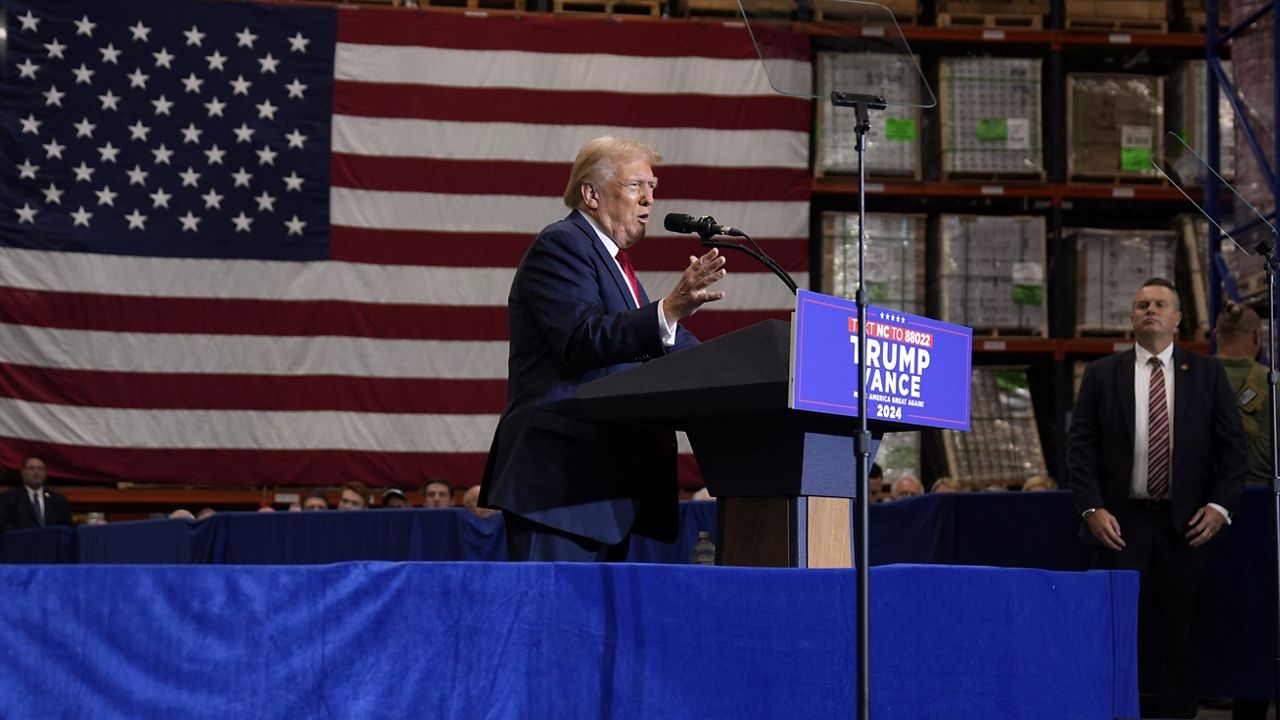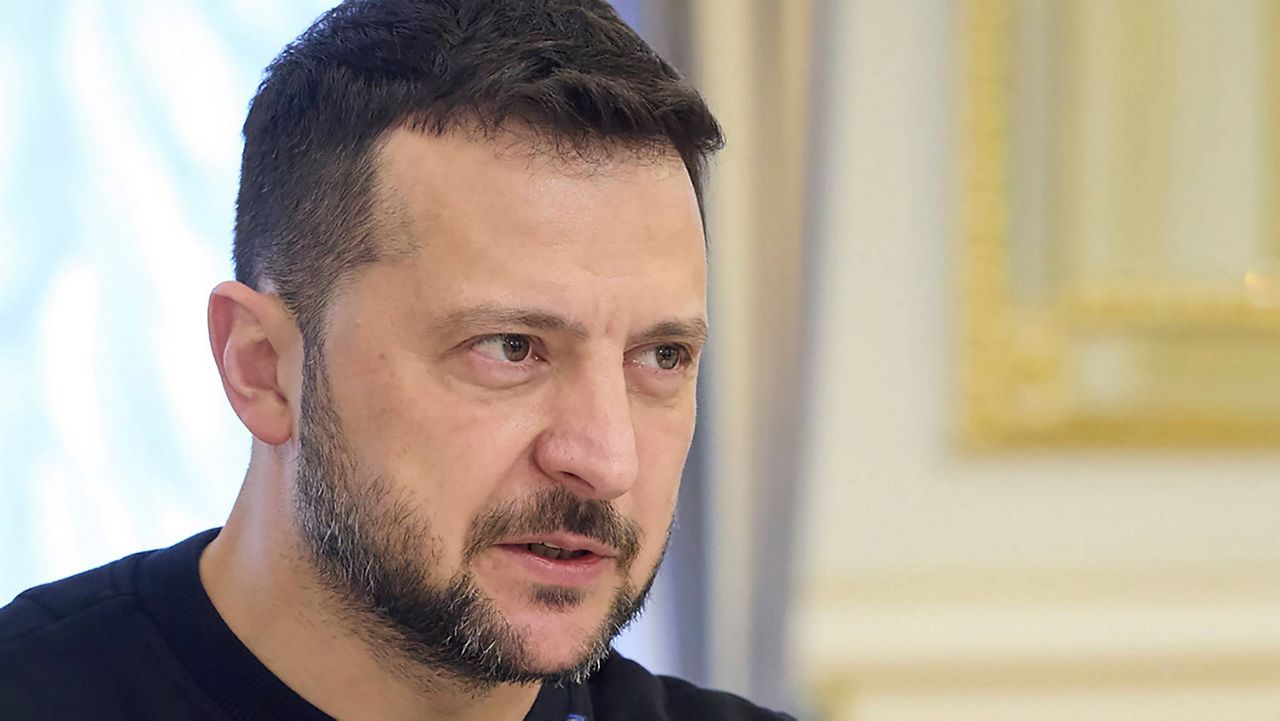When Ukraine’s President Volodymyr Zelenskyy spoke to Congress on Wednesday, pleading for more help in the fight against Russia, his comments hit home with one lawmaker in particular: a freshman congresswoman from Indiana who was born in Ukraine.
Rep. Victoria Spartz has emerged as a leader among Republicans for urging the U.S. to do more to help Ukraine defend itself from Russia’s attack. When Spartz took office last year, she became the first-ever Ukrainian-born member of Congress. It’s a distinction that’s taken on an even larger significance after Russia invaded her home country.
“I remember the places as soon as I see this footage and it just breaks my heart,” Rep. Spartz said in an interview with Spectrum News.
Spartz immigrated to the U.S. from Nosivka – a city of around 13,120 people located nearly 75 miles northeast of the capital city Kyiv – when she was 21 years old, after meeting her future husband. She still has family and friends in Ukraine, including her grandmother.
“Some of my family has been bombed for three weeks now and there’s no connection to the city right now, so it’s been very difficult,” Spartz said.
Spartz represents part of Indianapolis and most of its northern suburbs. Russia’s invasion has given her unusual visibility as a freshman, emerging as one of the most powerful voices on the Russia-Ukraine conflict. The night of President Joe Biden’s State of the Union Address, she escorted Biden into the chambers at his request, wearing Ukraine’s colors.
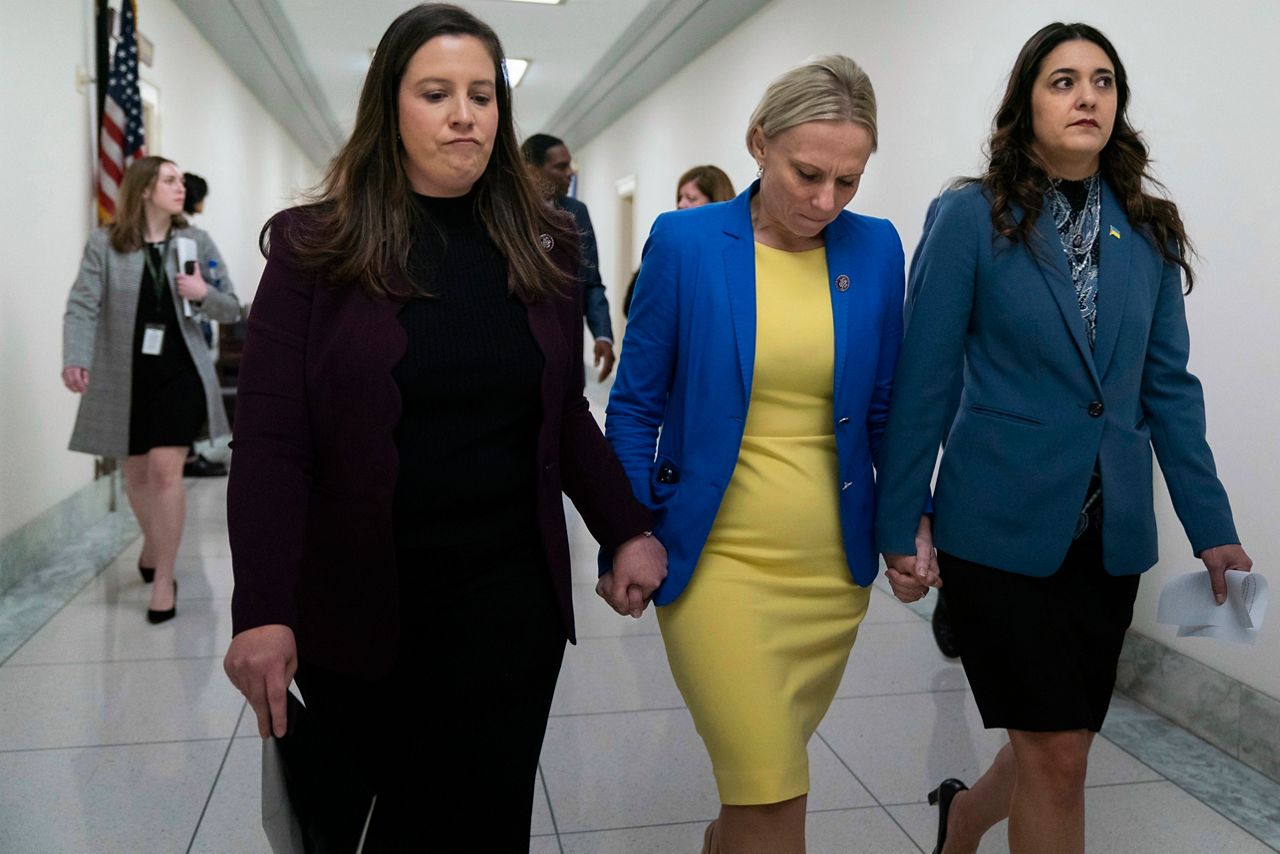
House and Senate Republicans have featured her at news conferences, calling for a stronger U.S. response to Russia’s attack.
Spartz has introduced a number of resolutions to the House that would benefit Ukraine. One proposal would allow Americans to voluntarily join Ukrainian troops and take up arms against Russia, while another would award the Congressional Gold Medal to the “Defenders of Ukraine, collectively, in recognition of their crucial role in the defense of the free democracy of Ukraine against Russia’s unprovoked war of aggression,” the text of the proposed legislation reads in part.
“Having that unique perspective, living through this myself and having the personal understanding and connection to that, I can share some of those things with my members of Congress so they have a better understanding of what’s happening there,” she said.
She was moved, she said, as Ukrainian President Zelenskyy spoke to Congress in a live stream from Kyiv on Wednesday. Zelenskyy, speaking in English at the end of his address, said in part: “Being the leader of the world means to be the leader of peace.”
It’s a message Spartz hopes Biden takes to heart.
“I think so far President Zelenskyy has stepped up to the occasion and showed strength,” she said. “I think he united the free world and I hope President Biden listened to his message too, and he's going to step up to the plate to be the leader of the free world because unfortunately, if our country doesn't lead, there is no one else to lead.”
Spartz opposes a no-fly zone over Ukraine and the transfer of jets to the country, putting her in agreement with Biden, but out of step – on the latter point, at least – with many of her Republican colleagues.
A growing chorus of Republicans in both the House and the Senate, as well as a select few Democrats, have called on the Biden administration to approve of a deal that would allow Ukraine to receive more fighter jets.
Ukraine’s Air Force is trained to fly MiG-29 fighter jets, a Soviet-era fighter aircraft designed to destroy both in-air and on-the-ground targets. Poland had initially offered to send some of its own fleet to Ukraine in exchange for newer aircraft from the United States, a deal quickly shot down by U.S. officials as too escalatory towards Russia.
Still, Spartz said President Biden must act more decisively to stop Russia, but did not specify how. After a recent trip to Poland, Spartz said the U.S. must help with a more organized humanitarian response to the crisis.
Spartz also criticized the Biden administration for discussing much of its strategy in public briefings, saying it is “very strange” to see federal officials speaking openly about potential plans for Russia.
“They do a lot of talking and discussing and it’s a war,” she said. “It’s a crisis. Don’t do the talk, do more of the walk. You don’t need to go on Twitter and talk about your war strategy, it’s like a joke.”
Spartz believes how the U.S. responds now could be a turning point in the conflict.
“Our country is a guarantor of peace and stability and strength for everyone else. If we are not strong, there is no one else to fight for freedom, so we need to do what we can,” she said, wiping away tears.






